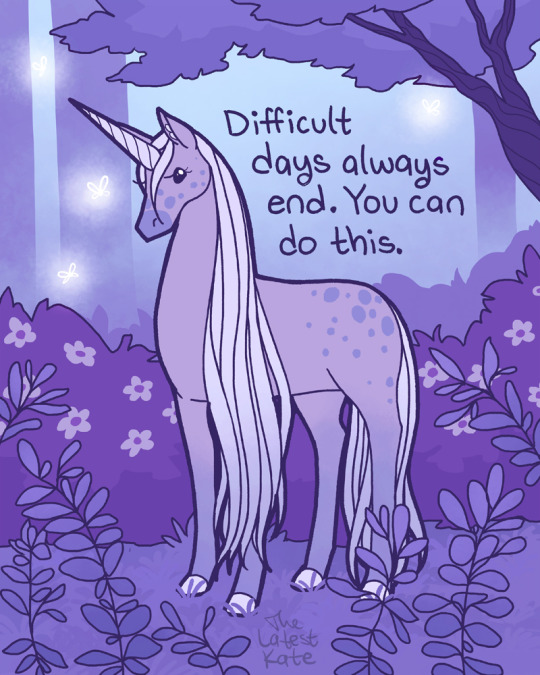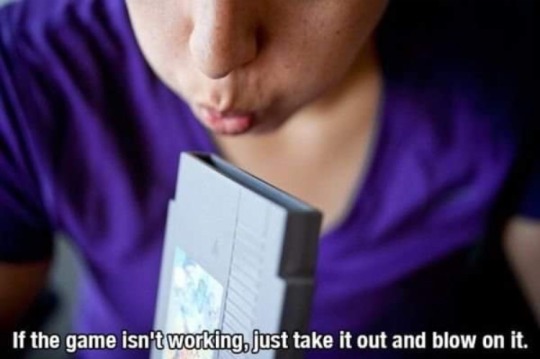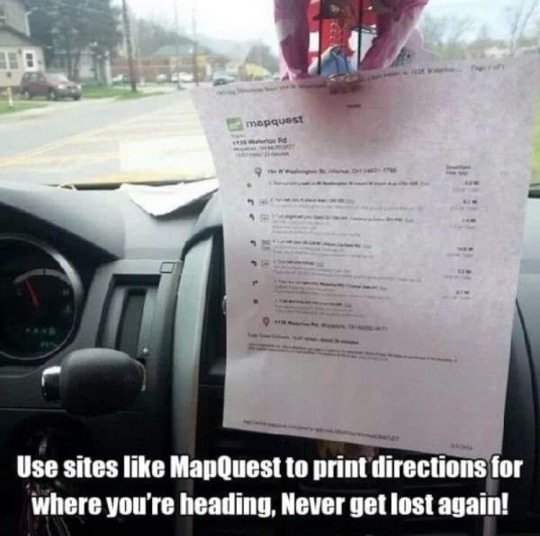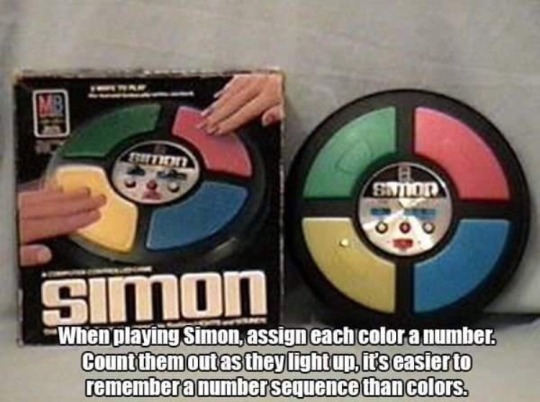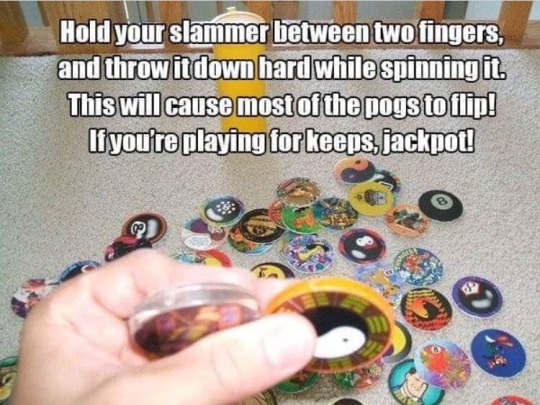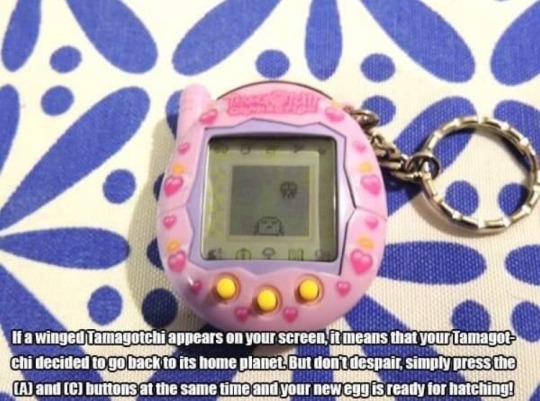chronically ill, borderline freak, I'm gonna whine 7 days a week, polyam bisexual chic
Don't wanna be here? Send us removal request.
Text
three hearts that beat as one | old hollywood throuples anyone???
12K notes
·
View notes
Text
Yesss! Glad to see I'm not the only one ranting about this.
I will argue again and again that it's even more unethical if I didn't put my kid and husband first!
I love my partners all very much. A different level of priority especially with responsibilities does not devalue the love we have or the relationship. It's just different.
People that talk shit about hierarchy polyamory genuinely do so much damage to the community
I'm not saying it's for everyone, but to dismiss it as a genuine form of polyamory is stupid, and genuinely very childish
I'm an adult, I'm 30 years old, I have a spouse, and a daughter with that spouse, both my boyfriends have wives and children of their own, and my girlfriend has her own spouse. My spouse takes priority over my other partners, just like their spouses take priority over me, it doesn't negatively affect any of us, but what does is others demonizing our relationships as illegitimate or minimizing what we are to each other simply because we practice hierarchy polyamory with a primary partner 😒
19 notes
·
View notes
Text
Actual things that happen in the 1897 Dracula novel, without context:
A character has ominous nightmares and attributes them to eating too much paprika
Dracula first appears wearing a fake beard
The person he was trying to fool with the fake beard immediately realizes Dracula and Beard Guy are the same man, due to both having really firm handshakes
We are told parrots are immortal unless fatally wounded
A Texan cowboy opens fire on a bat flitting around a window, and lodges a bullet in the wall of an occupied room
A woman is called a polyandrist for receiving blood transfusions from multiple men
An incorrectly addressed telegram leads to two deaths, multiple druggings, and several children being assaulted
Dracula, while trying to maintain a low profile, takes a lovely trip to the zoo and freaks out the animals so badly that he gets mentioned in a newspaper article
The one character who knows anything about vampires spends a good two-thirds of the book refusing to talk about vampires
Dracula went to Satan's Witchcraft Academy and somehow this is only brought up in two throwaway lines
A character gets stuck inside a circle of communion wafer crumbs
A major plot point of the book is Dracula (who was said to be a brilliant scholar and has the strength of twenty mortal men) realizing he can move boxes without human help
Someone is referred to as "manifestly a prig of the first water"
Two characters have a hobby of reading train schedules
A hospital lets a mental patient escape to see what will happen
A character starts vomiting up feathers from eating whole birds
A doctor refuses to give a medical diagnosis and instead makes a speech about growing corn
Dracula impersonates another character just by wearing the same clothes, despite being taller and visibly much older. This deception is successful.
A character "cleans" a room by eating all the insects in it
Suddenly: rats. Thousands of them.
The heroes progress in their efforts through "the wonderful power of money," i.e., bribery
Dracula has three other vampires in his castle. Their relation to him is never explained, nor are any of them named.
A character insists his salvation depends on having a pet cat
Dracula is thwarted by flowers on more than one occasion
A group of vampires stand in the hall outside a man's bedroom, talking loudly about their plans to eat him. When he comes to the door to confront them, they run away laughing
Dracula wears an unfashionable hat and gets roasted for it
A group of Romanians encounter a disheveled, shouting man and, "seeing from his violent demeanour that he was English, they [give] him a ticket for the furthest station on the way thither that the train reached."
A boat crashes due to Dracula having the munchies
A wolf is thrown through a window and immediately runs off, confused and covered in glass
Dracula makes a bed
12K notes
·
View notes
Text
Absolutely all of that! And these conversations are so important. It's so insanely common for men to initiate polyamory - and 90% of the time after they got caught cheating. The reality is an abusive relationship is going to continue being abusive. Manipulators manipulate. It's a much deeper systematic problem than poly becoming more popular. (In my abusive relationships it was always, "open relationships" (but I wasn't allowed to sleep with anyone else) or unicorn hunting (you're bi! Let's add another girl!)
If it's a healthy relationship, there might be some mistakes in communication, but hopefully they will communicate, and take time to work towards healthy ENM or not at all.
In my local groups when we've had couples like this show up and share what's going on - we're quick to try to educate, and recommend poly friendly therapists. Unfortunately, a lot of those couples don't actually seek out the community for support.
I have nothing against poly as such. But if people admit that they became poly when one partner didn't want it sincerely or even worse, agreed to it only because they was given an ultimatum "poly or breakup", how is this not just abuse?
Do polyamorous people accept this well? Or do they not consider these cases to be real polyamory? Or do they consider it unethical polyamory/non-monogamy?
Because in my eyes It's just "let me cheat on you or I'll leave you," which is wrong on many levels.
10 notes
·
View notes
Text
The term is "polyamory under duress" and it is highly criticized, and frowned upon in the community.
There is a caveat though. Ultimatums are not ok. But people are allowed to end relationships.
If an individual in a monogamous relationship realizes they are poly and that monogamy is not what they want or can live with - it is absolutely OK to end the relationship if their partner is not ok with opening the relationship. It should NOT be an ultimatum. (Do this or else!) But it would be just as unethical if a partner suddenly told a poly person they had to be monogamous or else.
It needs to be recognized as a compatibility issue. People are allowed to end relationships for any reason whatsoever. Period. No one should ever feel obligated or required to remain in a relationship with someone. Why would you want a partner who is only with you because they feel they have to?
That being said - putting pressure on a partner to be ok with any form of ethical non monogamy will always be unethical.
If it's not an enthusiastic YES, it's a NO. (Important lesson for consent.)
Partners need to be able to have open, honest, communication with each other. That includes wanting to change their relationship dynamics.
In many cases one person my discover they are poly and their partner is not initially open to the idea. The ideal scenario would be that they would have a discussion, each take the time to listen to each other, do research, consider options, talk to other people, maybe consider couples counseling - before making any decisions. Whether it's opening the relationship, not to open it, or ending the relationship, or even taking more time.
I have nothing against poly as such. But if people admit that they became poly when one partner didn't want it sincerely or even worse, agreed to it only because they was given an ultimatum "poly or breakup", how is this not just abuse?
Do polyamorous people accept this well? Or do they not consider these cases to be real polyamory? Or do they consider it unethical polyamory/non-monogamy?
Because in my eyes It's just "let me cheat on you or I'll leave you," which is wrong on many levels.
#polyamory#poly#non monogamy#ethical relationships#ethical nonmonogamy#ethical non monogamy#polyamorous relationships#polyam#polyamory problems
10 notes
·
View notes
Text
Right!? Also I want more "joke" deals from restaurants like this. Exceed expectations with the entire polycule.

I just had the thought that there should be more marketing towards polycules on Valentines Day because they have to buy stuff for more than one person
#polyamory#ethical non monogamy#polyamorous#polyamorous relationships#polyam#poly relationship#polyam dating#polyamourous#polyam life#nonmonogamy
23 notes
·
View notes
Text
I think the third to last paragraph is pretty telling to why she has this perception. The biphobic rhetoric that bisexuals are greedy sluts, can't commit, will always want "the sex opposite their partner", and thus will cheat - is so ingrained even in queer communities. I know so many "old" bisexuals who were intent on "proving the stereotype wrong" and "I'm one of the good ones", it makes it difficult for them to concieve that polyamory is ok.
I really try to give them grace, it can be so hard to challenge someone's belief system when it's all they've known and they might not even realize why. Best I can do is share my own experiences and information with them, assuming they're open to that.
Apparently my mom doesn’t like polyamory.
She gave me a ton of bullshit reasons as to why a while ago now, and it really boils down to her having a very surface-level understanding of romantic and sexual relationships despite being bi and having 45 years of life experience, basically leading her to say that someone “can’t truly love more than one person at once” or something along those lines.
She also has a lot of weird ideas about how every polycule (except she doesn’t even know the word “polycule”, that’s how long she’s been out of this shit) is either one man and a harem of women, or all men and one women who they objectify and abuse for whatever reason. In fact, she always seems to fall back on this bullshit gender essentialism rhetoric that would probably have some basis in reality for someone with as much life experience as her or her husband, but that doesn’t mean anything in the grand scheme of things, especially in current times.
She sees monogamy as a virtue for bi people like herself and outright admitted once that my stepdad (her husband) would only want to be in a relationship with a strictly monogamous bisexual, which she’s “fortunate” enough to be.
So much for that thing everyone says about how older queer people are apparently so good at respecting marginalised people.
Fuck liberals, fuck puritans, fuck this sort of reactionary behaviour, and fuck anyone who isn’t willing to grow or change. Good night.
9 notes
·
View notes
Text
One of things I had to do was stop thinking of relationships in terms of "filling needs", or that my loved one has other partners because I lack anything. Comparing my relationship to others in any form just intensifies feelings of jealousy/envy/fear/insecurity etc.
My partner is with me because they want to be. They actively choose to involve me in their life and schedule because they want to. And I can drop the idea that it has to look a certain way. I don't lack anything, I'm just different from their other partner(s) and relationships - and those differences don't need comparison, they're equally as lovely/loveable.
When I am dealing with jealousy I have to look at where it's stemming from. Jealousy is a normal emotion! Is it because I'm making comparisons? Is it envy- Am I afraid I'm going to lose the relationship? Is it insecurity, I'm not feeling good enough or like I'm not getting enough intentional attention/time?
If I can identify those things I can better able come up with solutions. Can I sort through these feelings myself? Do I want to request more intentional connection? Reassurance/validation? And I taking the time to fill my own cup and love myself to address insecurities?
Most often, if I can sit with and accept my feelings as normal, validate them (maybe with the support of a partner or friend or therapist), they dissipate on their own.
alright legit question for fellow poly people how do you deal with your jealousy?
because like. i'm not some magical being, i don't exist without jealousy, i am a jealous person. but like. i can see that its irrational, right? like. i know that i dont provide everything my partner needs, so it makes sense that they go to other people to fill out what i lack, i mean. i do the same thing.
so. why does it bother me so much??? how do i deal with it?? how do i not be like this lmao
18 notes
·
View notes
Text
Not sure if this will bring any comfort - but even in a heirachial poly relationship, I am still my first priority - and I would hope that would be the case for everyone. I'm a useless partner, friend, parent, coworker etc. if I'm not taking care of myself first.
That being said the feelings are valid and normal. The best thing I can do with tough feelings is sit with them, identify them, and give them space before either letting them go or seeking solutions. Especially with anxious attachment.
Changing my perspective to the idea that my partners DO prioritize me - we wouldn't be in a relationship otherwise. "Comparison is the theif of joy," instead of comparing myself to their other priorities I can find contentment in knowing I am a priority. I am someone they make time for and want in their lives - and we each find ways to fit into each other's vast universes.
It's also ok to say, "hey love, I need some dedicated time to feel more connected with each other. What can fit into our schedules?" Sometimes I just need a phone call or a cuddle date to remind me that I am valued.
And if your partner(s) aren't putting forth any effort - it's also ok to say it's not working and you deserve better.
There's a lot in (non-hierarchical) polyamory to navigate with an insecure attachment style, but I'd say that the thing that I wrestle with the most is the loneliness of knowing I'm not anyone's first priority.
I intentionally cultivate a lot of independence in my relationships and very much value having a broad support network to share the labor of love. However, as someone with an anxious-avoidant attachment style, it haunts me that the only person I can depend on to put me first is *me*. And frankly, I'm not very good at it. (Yet.)
29 notes
·
View notes
Text
Polyamory and Practicalities: How Scheduling, Communication, and Boundaries Play a Rolel
Polyamory is often romanticized as a whirlwind of love and connection, but behind the scenes, successful polyamorous relationships require significant effort, especially when balancing multiple partners. It’s not just about the love—it’s about the logistics. For those new to the concept or exploring the idea, here’s a glimpse into the practicalities of polyamory and why scheduling, communication, and boundaries are essential.
Scheduling: The Jigsaw Puzzle of Love
We are finite in time, and in polyamory, dividing it fairly among partners can feel like piecing together an intricate puzzle. Without careful planning, it’s easy to fall into the trap of prioritizing one partner over another or neglecting personal downtime altogether.
Here are a few tips for navigating the time-management aspect of polyamory:
1. Use a Shared Calendar: Apps like Google Calendar are lifesavers for polycules. Everyone involved can see availability and plan dates or events accordingly.
2. Prioritize Quality Time: It's not about how much time you spend but the quality of the time together. Whether it’s a romantic dinner or a Netflix binge, focus on creating meaningful moments.
3. Balance Personal Needs: Don’t forget to carve out solo time for self-care and reflection. Constant socializing can lead to burnout, even in the most fulfilling relationships.
Communication: The Heartbeat of Polyamory
Communication is already vital in monogamous relationships, but in polyamory, it’s the cornerstone that holds everything together. Miscommunication or lack of clarity can create tension, jealousy, or misunderstandings.
Here’s how to keep communication strong:
1. Be Transparent: Share your feelings, needs, and concerns openly. This includes discussing your availability, emotional state, and any changes in circumstances.
2. Active Listening: It’s not just about talking; it’s about truly hearing and understanding your partner’s perspective.
3. Regular Check-Ins: Set aside time to discuss how everyone is feeling about the dynamic. Use this space to address any concerns, celebrate the positives, and adjust boundaries if needed.
Boundaries: The Safety Net
Boundaries are not about restrictions; they’re about creating a framework that allows everyone to feel safe and respected. Each person in the relationship should feel empowered to set their own boundaries and have them honored.
Important aspects of boundary-setting include:
1. Defining Relationship Types: Are certain activities exclusive to specific partners? For example, some people reserve sexual intimacy or certain rituals for a primary partner.
2. Emotional Boundaries: Be clear about how much emotional labor you can offer and what support you need in return.
3. Respecting Autonomy: Recognize that each partner has their own life, needs, and desires. Avoid micromanaging or imposing restrictions without mutual agreement.
The Challenges and Rewards
Balancing scheduling, communication, and boundaries isn’t always easy. There will be moments of conflict, missteps, and learning curves. However, when these elements are handled thoughtfully, the rewards are immense: deeper connections, personal growth, and the joy of loving freely and authentically.
Polyamory, at its core, is about celebrating love in all its forms. The logistics may take effort, but they’re a small price to pay for the richness and fulfillment that a polyamorous life can bring.
Whether you’re a curious newcomer or already exploring polyamory, remember that it’s a journey, not a destination. Patience, empathy, and a willingness to adapt will always be your greatest tools.
What are your thoughts on navigating the practicalities of polyamory? I’d love to hear your experiences or insights in the comments!
5 notes
·
View notes
Text
Absolutely not. Love is limitless, but time and energy has its limitations.
It depends on what each of us is able/willing to do, is comfortable with, and what agreements we might make.
I think the key is to be mindful of expectations. I had a partner who wanted me to call every day, which was something I was willing to do. The problem was, if I missed a day they'd get upset, almost as if I broke a rule (and I don't like rules). While they'd claim to understand the need for some flexibility (I have health issues and other responsibilities) in reality I'd receive passive aggressive responses.
Meanwhile, I have a play partner I communicate with every few months when they're in town. I have a LDR, sometimes we text every day, sometimes every couple months. I have a new partner, we text almost every day - but without the expectation that we "have" to. My primary and I live together, so we naturally have to talk every day.
I've realized I perfer if my partners reach out to me because they want to and feel inspired to rather than feel obligated. If you want to talk to me then talk to me and I'll respond when I can - and I'll do the same.
What I love about poly is that we're not the center of each other's universe. We connect when we can and simply love each other.
genuinely asking the community, feel free to respond as little or as much as you want: do you guys think you should/need to speak to every single one of your partners every single day?
i personally don’t know what i think bc i don’t think not speaking for short whiles is that much of a big deal but i also like hearing from my partners a lot so idk 🤔 i’d love to hear other people’s thoughts on this tho bc i know monogamous ppl feel strongly abt this one lol
6 notes
·
View notes

